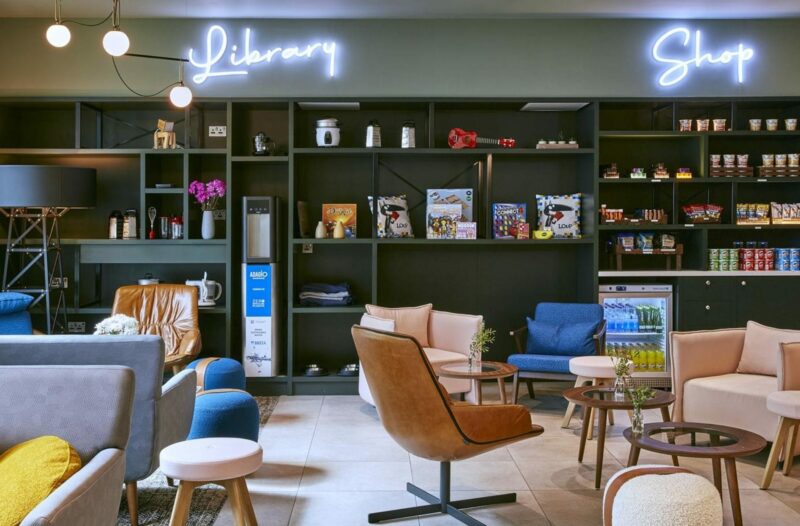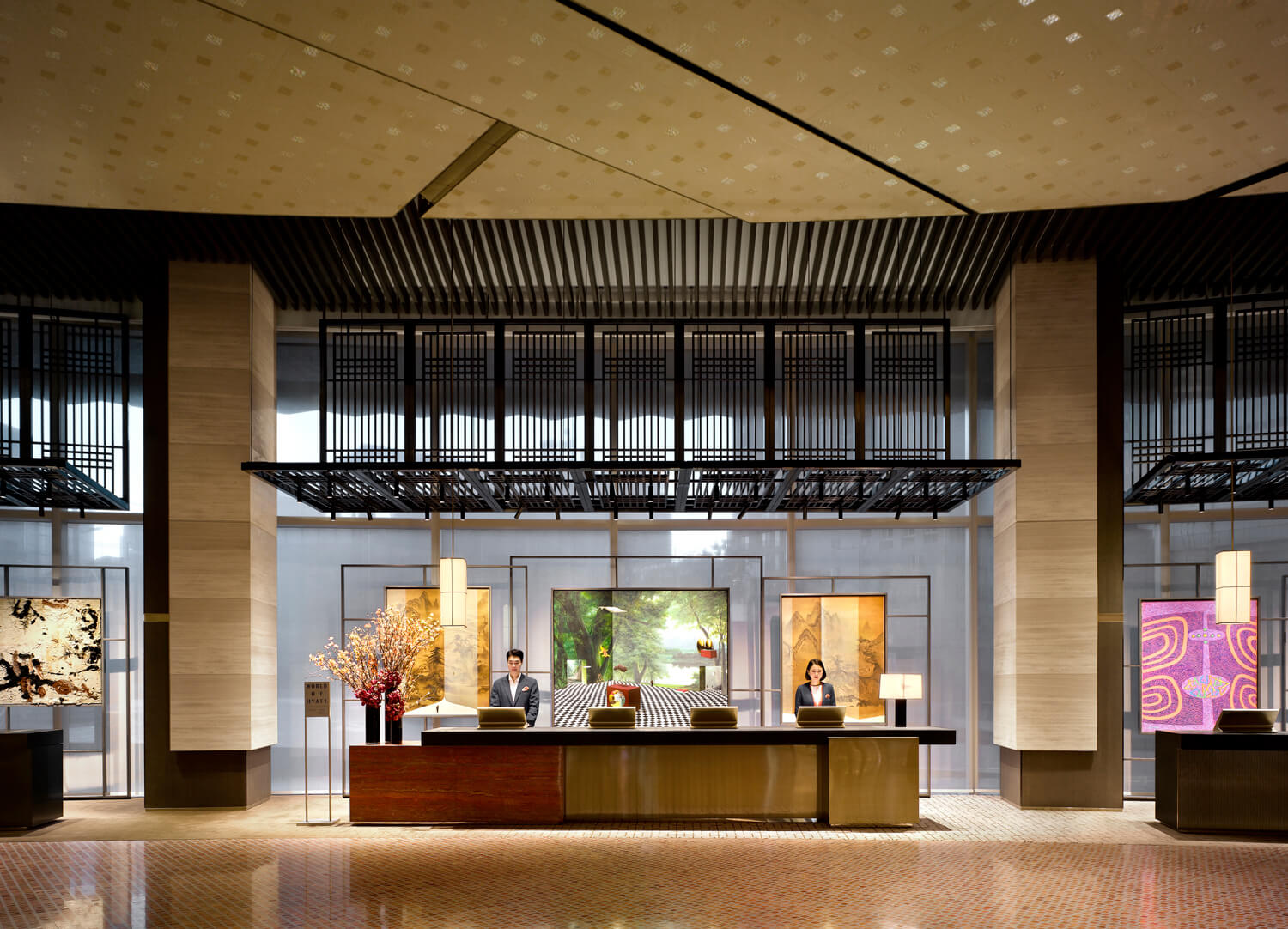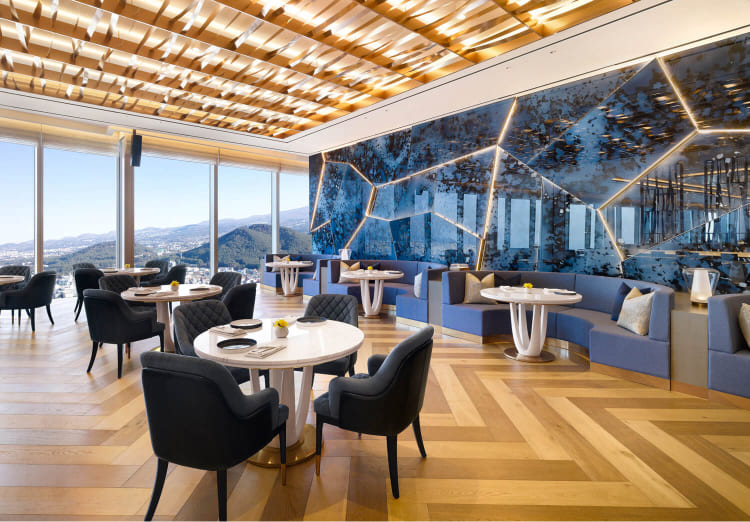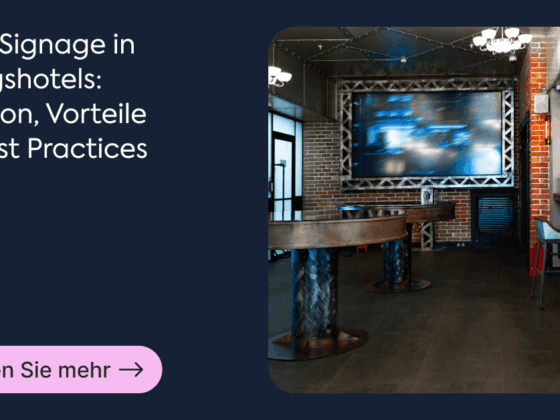In this case study, we learn how Jeju Dream Tower, with its multifaceted resort and entertainment offerings, selected technology to support its complex operating model. We’ll explore the evaluation and setup of this technology, along with the results it is providing the business today.
South Korea’s Jeju Dream Tower, Grand Hyatt, owned by Lotte Tour Development Company, is more than a hotel—it‘s an architectural phenomenon and the largest Hyatt hotel in the AsiaPacific region.
Opened in 2020 on Jeju Island, the property echoes the island’s natural splendor, housing 1,600 rooms with stunning views of the city skyline and the surrounding ocean. Its 38-story layout also boasts 14 specialty restaurants and bars, a casino, an entertainment complex, and a unique Sky Garden on the top floor that offers panoramic vistas of Jeju Island.
A property as expansive and futuristic as the Jeju Dream Tower required technology that would support its extensive needs, and to understand how they planned and implemented this technology, we interviewed Jeju‘s Director of Information Technology, Rowena Koh, as well as members of the Shiji team to create this case study.

Rowena started her career as a computer programmer after graduating from university, and her first job was to develop a program for back-of-the-house operations at The Renaissance Hotel Seoul in South Korea.
“Through this project, I was integrating multiple systems and processes: the general accounting management system, accounts payable, accounts receivable, the purchasing management system, the HR & payroll systems, and membership management system,” Rowena told us. “I learned a lot about hotel operations and became fascinated by the industry.”
This experience now serves the company well as she leads the IT department at Jeju Dream Tower and is responsible for the entire infrastructure server network and all front-of-the-house and back-of-the-house applications.

The search for the right technology
The story behind this case study begins in October 2019, when the Jeju Dream Tower preopening team met with Shiji to understand its options for the soon-to-be-opened property. At the time, the hotel’s entire IT team was yet to be assembled, but the company wanted to ensure it began conversations with prospective technology partners early.
Jeju Dream Tower had many specific requirements, including the unique need for compliance with South Korea’s value-added network (VAN) service providers: KICC and KIC. These integrated payment solutions enable hotel operators and finance teams to better manage dayto-day transactions and payment settling and reporting.
Because it was a new property with unprecedented scale, the pre-opening team was looking for a provider who could cater to both the hotel and the casino parts of the business. Early on, Shiji emerged as a leading candidate because of its ability to support the unique needs of both the hotel and the casino operations. The company was already an approved partner of Hyatt Hotels, with Shiji Infrasys Cloud as a preferred POS solution to all Hyatt hotels worldwide. This gave Shiji an edge over other technology providers in the market, but the Jeju Dream Tower team wanted to make sure they had the right partner, so began an extensive evaluation process.

Evaluating Shiji
Several rounds of technical discussions between the pre-opening team at Jeju Dream Tower and Shiji took place to ensure that their system could meet the complex requirements of the casino management system and its back-office processes.
Through this, the Jeju Dream Tower team found that Shiji was not only flexible but also had a strong culture of client support. It had extensive experience in the local casino market, having completed many casino projects in Macau, Hong Kong, and Vietnam at properties such as Hoiana, Galaxy Macau, MGM Grand, and Sands Macao. In doing this, Shiji developed interfaces with casino management systems, which is not an easy task: casino management system interfaces typically take nearly a year to develop.
“The casino is the main business of our company, and Bally is the global casino business solution that is critical for us,” Rowena noted. “We had to customize Bally to fit our operations and needs. The challenge was that few POS solutions could integrate with Bally, and of those, only Shiji’s Infrasys Cloud POS was flexible enough to customize to our requirements and integrate with Bally to the level that we needed.”
“On top of this, Shiji’s Infrasys Cloud POS enabled things such as the payment gateway, loyalty point management, table reservation management, KPC (package management), and food and beverage cost management that are crucial for supporting our business operations,” she added.
Something else about Shiji that stood out was the flexibility of Infrasys Cloud POS to work with any hardware. By the time Jeju Dream Tower signed its contract with Shiji, it was for over a hundred licenses and required a significant amount of hardware. By taking advantage of Infrasys Cloud’s hardware-agnostic offering and working with the Shiji team on hardware testing and verification, the Jeju Dream Tower team could reduce high hardware shipping costs and import fees while still meeting performance requirements and Hyatt standards.
Finally, Shiji’s localized technology and support in English, Mandarin, Korean, and Japanese were vital criteria for the Jeju Dream Tower team. “We needed people to be able to use this technology regardless of their language preference,” Rowena shared.
After careful consideration and deliberation, the decision was made to work with Shiji, and the team prepared the onboarding process.
Onboarding Shiji Technology

Opening a resort of the scale of Jeju Dream Tower is challenging in any environment, but was made even more so with the global pandemic unfolding the year of the scheduled opening.
In-person installation and training were not possible due to quarantine restrictions, but Shiji’s experience with other properties worldwide helped them meet and address the challenge, and Jeju Dream Tower was able to onboard Shiji technology successfully despite the challenges. Through extensive documentation and many Zoom calls, the system was installed within the timeline and without any issues.
“If we had selected another system, it would have cost us a lot more and taken a lot longer in development time because the other providers we reviewed were not easy to integrate or customize,” Rowena told us. “Their deep casino and hospitality industry experience was pivotal to the successful onboarding and integration of this technology for us.”
Results today
Today, the company has been able to save time and costs and improve the guest experience with Shiji technology, and there are numerous examples across the property and business operations.
For example, Jeju Dream Tower is able to offer digital ordering to its guests from around the world in English, Traditional Chinese, Simplified Chinese, Japanese, and Korean with Shiji’s POS and save time and money in doing so.
The cloud-based technology Shiji provides offers reliability and extendability, and its proactive support mindset has been appreciated by the Jeju Dream Tower team. “Our guests spend a lot of money with us and expect a luxury experience. So if any issues or needs for support come up for us, we ask Shiji, and they are able to help us immediately,” Rowena shared.
Besides Infrasys Cloud, the integrated resort has implemented several additional solutions from Shiji, including the Shiji payment gateway, Shiji Kunlun Loyalty Solutions, and the Shiji Kunlun Package Control system. These integrated solutions enable the team to better cater to guests’ complex requirements throughout their stay-and-play journey, provide precise transaction data across multiple business units, and enhance the accuracy of reporting and revenue tracking. Furthermore, these technologies empower the hotel team to leverage data to encourage and reward guest loyalty. By partnering with Shiji – a single provider for various integrated solutions – the Jeju Dream Tower team has significantly reduced support hours and eliminated data duplication while boosting productivity, automation, and reporting accuracy.

Shiji has proven to be a valuable technology partner for Jeju Dream Tower, providing a flexible and supportive system that fulfills the complex requirements of both the hotel and its casino operation.
With this modern, connected platform in place, the Jeju Dream Tower team is looking forward to testing new solutions, including more uses for artificial intelligence.
“The AI era is here,” Rowena told us, adding that she expects AI to make quantum leaps in capabilities in the not-too-distant future, enabling uses in everything from voice-powered orders to robotic assistants to do jobs throughout the property.
“I’m excited by this technology, and by working with Shiji, we were able to build the foundation that not only provides us with an advantage today but will help us move faster in this new era of AI.”
Conclusion
The collaboration between Grand Hyatt Jeju Dream Tower and Shiji showcases the importance of aligning technology with operational needs in large, complex hospitality properties. From the beginning, the Jeju Dream Tower team had a clear vision: to provide a seamless and luxurious guest experience. Shiji, with its adaptable and powerful cloud-based technology, fits the bill, navigating complex requirements and delivering business results that enhance both the hotel and casino operations.
Rowena Koh’s observations in this case study underscore the importance of partnering with technology companies that can enable both delivering on the brand promise and setting the foundation for future growth. The successful integration of Shiji’s solutions not only met the needs of today but also set the stage for innovation, especially as the hospitality industry begins to embrace AI’s potential.








